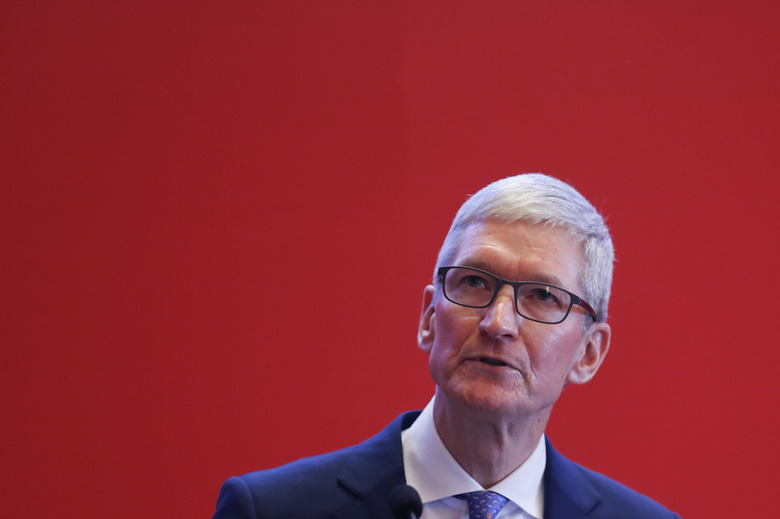Apple Files Motion To Dismiss DOJ Antitrust Lawsuit
In March, the US Department of Justice filed an antitrust lawsuit stating Apple has an iPhone monopoly with anticompetitive conduct that harm users.
While the Justice Department has sued Apple for antitrust violations three times in the past 14 years, that was the first Cupertino has been accused of using illegal tactics to maintain its dominant position.
Now, Apple filed a motion to dismiss this lawsuit as, according to the company, the government's complaint hasn't demonstrated any of these anticompetitive issues.
Apple tackles these allegations by the US government:
- Blocking third-party devs from creating competing digital wallets with the tap-to-pay feature for the iPhone
- Worsening messaging quality between iPhone and Android
- Blocking cloud-streaming apps for video games
- Limiting third-party smartwatch functionalities with the iPhone and the Apple Watch with Android
Regarding the iMessage's possible issue, Apple said: "iMessage is Apple's proprietary, innovative messaging service that Apple created to competitively differentiate iPhone. Under the Government's view, companies like Apple should face antitrust liability for not expending the resources, cost, and time to develop versions of proprietary products and services for competitors' devices."
Cupertino also tackles the claim that it is the one to blame due to third-party smartwatches not working with the iPhone, or even not offering support for Apple Watch on Android.
"It is implausible to claim, as the Government does, that Apple has deterred any customers from switching to Google or Samsung because of its policies with respect to "super apps," cloud gaming, smartwatches, or anything else. The opposite is much more plausible: Users unhappy with Apple's reasonable policies on third-party access can and do switch away to competitors' devices, where those limits do not exist."
With that in mind, the government has until September 12 to file an opposition brief. Depending on how it goes, a ruling on the motion to dismiss DoJ's antitrust lawsuit isn't expected before early 2025.
If the government wins, the trial could take several years to take place. So, similar to the Epic vs. Apple case, this lawsuit still has a long way to go.
BGR will keep reporting on this Apple antitrust lawsuit as we learn more about it.
